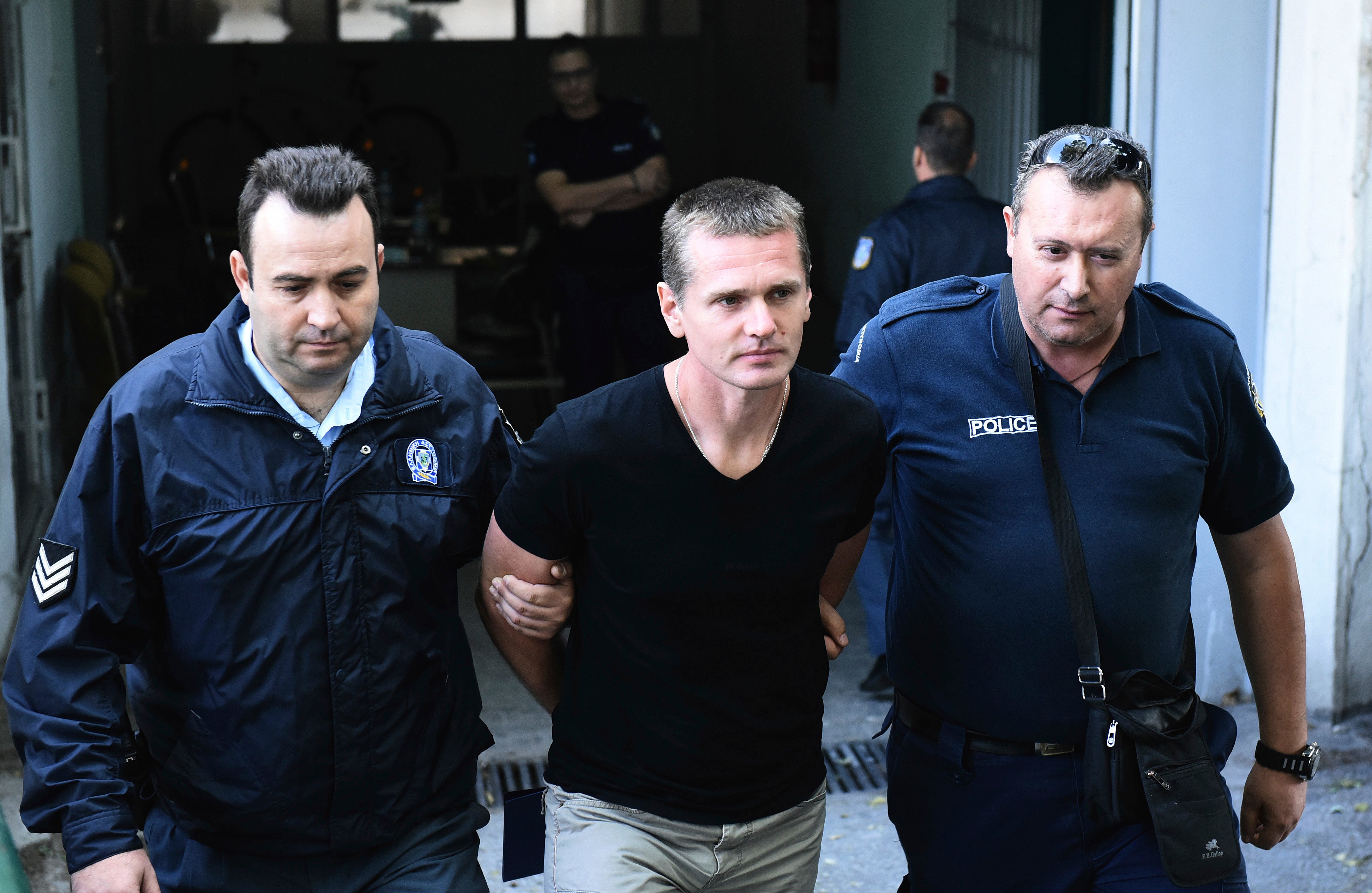Trial of Russian charged in bitcoin fraud begins in Paris
The trial of a Russian man alleged to have used ransomware in a 135 million euros ($157 million) bitcoin fraud will begin Monday

Your support helps us to tell the story
From reproductive rights to climate change to Big Tech, The Independent is on the ground when the story is developing. Whether it's investigating the financials of Elon Musk's pro-Trump PAC or producing our latest documentary, 'The A Word', which shines a light on the American women fighting for reproductive rights, we know how important it is to parse out the facts from the messaging.
At such a critical moment in US history, we need reporters on the ground. Your donation allows us to keep sending journalists to speak to both sides of the story.
The Independent is trusted by Americans across the entire political spectrum. And unlike many other quality news outlets, we choose not to lock Americans out of our reporting and analysis with paywalls. We believe quality journalism should be available to everyone, paid for by those who can afford it.
Your support makes all the difference.The trial of a Russian man alleged to have used ransomware in a 135 million euros ($157 million) bitcoin fraud will begin Monday.
Alexander Vinnik, who is also wanted in the United States and in Russia, faces up to ten years in prison at his Paris trial over charges of extortion, money laundering and criminal association.
French prosecutors say Vinnik was one of the creators of malware called “Locky” which was delivered through email. If downloaded, the recipient's data was encrypted and they were asked to pay a ransom in bitcoin to free it.
In France companies, legal offices and local councils were targeted between 2016 and 2018. Twenty victims paid the ransom through BTC-e, one of the world’s largest digital currency exchanges.
Vinnik, 41, says he was a only technical consultant at BTC-e and had no knowledge of illegal activity. He has denied any wrongdoing.
The United States also wants to prosecute Vinnik, accusing him of laundering billions of dollars through BTC-e. He was arrested at the request of U.S. authorities in the summer of 2017 while on vacation in northern Greece,
After a two-year legal tug-of-war, Greek authorities ruled Vinnik would be extradited first to France, then to the U.S., and finally to Russia.
In January after he was extradited to France, Vinnik began a 35-day hunger strike saying he wanted to be extradited first to Russia, where he faces lesser charges.
_____
Nicolas Vaux-Montagny write the story from Lyon, France